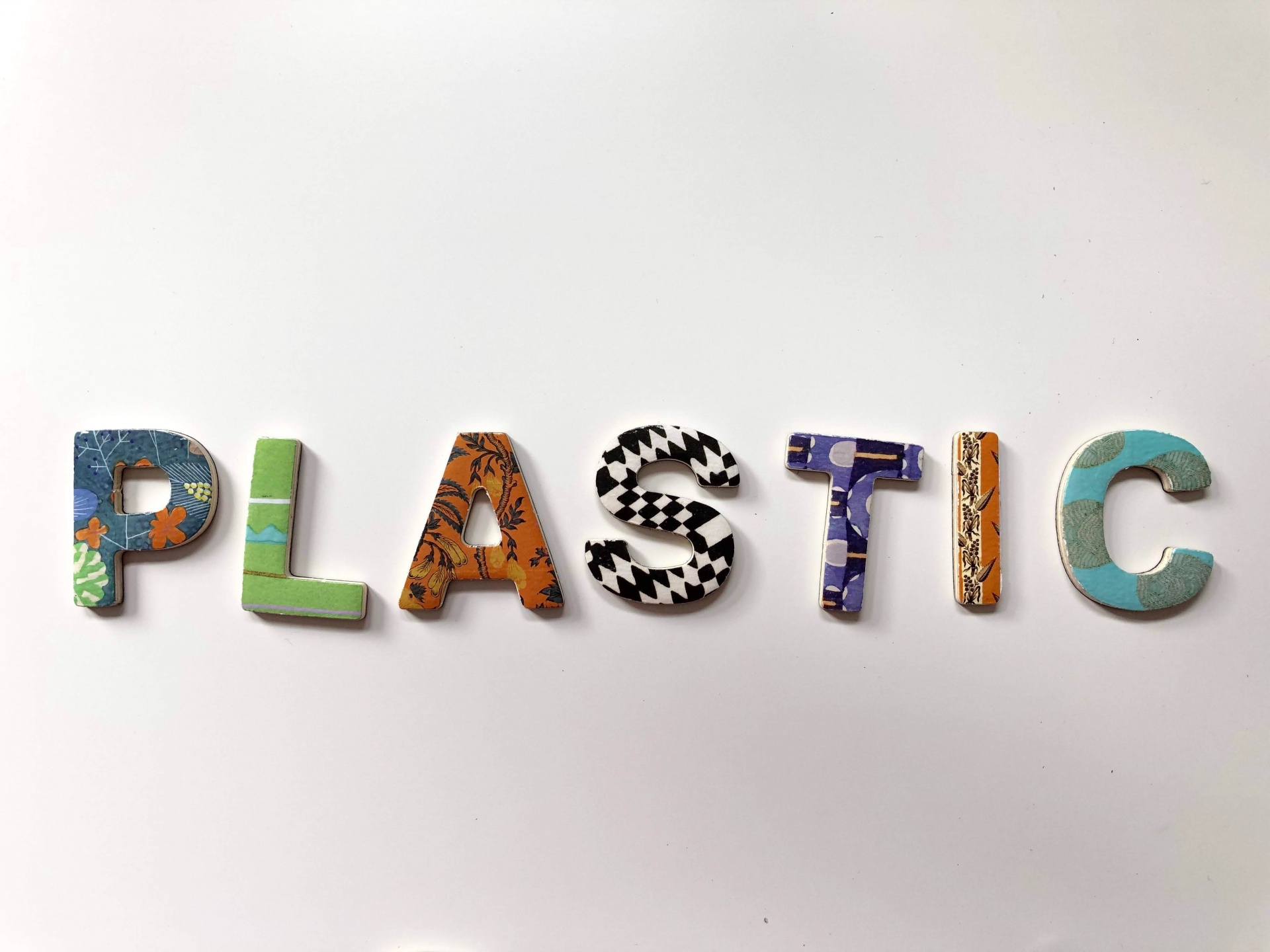Plastic as a valuable resource for Vietnam to tackle plastics pollution
 |
| Plastic can be turned into a resource for production |
Only 33 per cent of the total 3.9 million tonnes of frequently used plastics dumped in Vietnam each year are recovered and recycled, according to a joint report titled Market Study for Vietnam - Plastics Circularity Opportunities and Barriers. The study estimates the economy loses 75 per cent of the material value of plastics, which amounts to $2.2-2.9 billion every year.
“Rapid urbanisation and a rising middle class have significantly increased consumption of plastic products and packaging, making regional emerging markets including Vietnam a hot spot for plastics pollution,” said Carolyn Turk, World Bank country director for Vietnam. “However, investments in waste management infrastructure have not kept pace. The public and private sector need to work together to address this complex environmental, social, and economic problem and drive policies and investments that help unlock material value.”
Single-use or short-use consumer packaging contributes up to 50 per cent of marine plastic waste globally. Due to increased usage of masks, sanitiser bottles, and packaging for online delivery, the COVID-19 pandemic has exacerbated the situation.
Because of its vast coastline, plastic pollution caused by environmental leakage to the marine environment is particularly severe in Vietnam. As a result, the national action plan for marine plastic litter management by 2030 aims to remove 75 per cent of marine plastic trash in Vietnam over the next 10 years.
The World Bank Group study uses a plastic value chain approach to identify how key resins are produced, used, and managed in Vietnam while promoting increased waste segregation, collection, and recycling to unlock additional material value.
“A circular economy is critical for Vietnam to meet low-carbon growth targets. Recycling plastics not only addresses plastics pollution, it also avoids greenhouse gas emissions and saves valuable material resources,” said Kyle Kelhofer, IFC country manager for Vietnam, Cambodia, and Lao PDR. “Improving the business case for plastic recycling will mobilise increased private sector investment to help address the scourge of plastics pollution, while supporting key sectors including tourism, shipping, and fisheries, which have been particularly impacted.”
The study proposes both short and long-term solutions to enhance local demand for recycled plastics and scale up the domestic recycling industry by strengthening the enabling environment for private sector investment. Specifically, it recommends improvement in waste management capacity, setting “recycled content targets” across major end-use applications, and mandating “design for recycling” standards for plastics, especially for packaging, among others.
What the stars mean:
★ Poor ★ ★ Promising ★★★ Good ★★★★ Very good ★★★★★ Exceptional
Related Contents
Latest News
More News
- Trung Nam-Sideros River consortium wins bid for LNG venture (January 30, 2026 | 11:16)
- Vietnam moves towards market-based fuel management with E10 rollout (January 30, 2026 | 11:10)
- Envision Energy, REE Group partner on 128MW wind projects (January 30, 2026 | 10:58)
- Vingroup consults on carbon credits for electric vehicle charging network (January 28, 2026 | 11:04)
- Bac Ai Pumped Storage Hydropower Plant to enter peak construction phase (January 27, 2026 | 08:00)
- ASEAN could scale up sustainable aviation fuel by 2050 (January 24, 2026 | 10:19)
- 64,000 hectares of sea allocated for offshore wind surveys (January 22, 2026 | 20:23)
- EVN secures financing for Quang Trach II LNG power plant (January 17, 2026 | 15:55)
- PC1 teams up with DENZAI on regional wind projects (January 16, 2026 | 21:18)
- Innovation and ESG practices drive green transition in the digital era (January 16, 2026 | 16:51)

 Tag:
Tag:




















 Mobile Version
Mobile Version